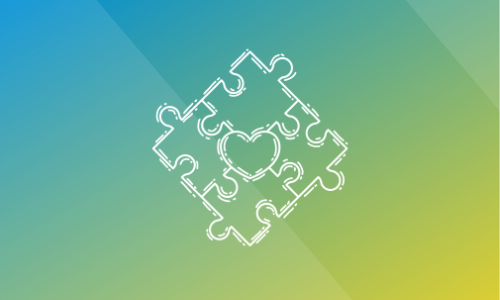October is ADHD Awareness Month

October is ADHD Awareness Month. This designated period of time is dedicated to spreading positive, useful information about Attention Deficit Hyperactive Disorder (ADHD).
Here’s the official goal as stated on the ADHD Awareness Month website:
ADHD is one of the most common mental health conditions affecting children and adults. But it is often misunderstood. ADHD Awareness Month’s goal is to correct these misunderstandings and highlight the shared experiences of the ADHD community.”
What is ADHD?
ADHD is a neurodevelopmental disorder. It’s estimated that more than 84 million people may have it worldwide. It’s often diagnosed in childhood, but it can occur at any time in a person’s life. It presents itself in different ways for different people, but is commonly associated with things like impulsivity, hyperactivity, inattention, and challenges regulating emotions or behavior.
These symptoms can sometimes cause difficulties in someone’s life – trouble concentrating in school or in work, for example. On the other hand, some individuals with ADHD may have an increased capacity to focus on tasks they find interesting or stimulating – a phenomenon known as hyperfocus.
What’s key to recognize is that everyone with ADHD is different, in the same way that everyone is different, period. ADHD, like other forms of neurodivergence, can be thought of as a spectrum of thinking styles, rather than as a strict binary diagnosis.
Again, from the ADHD Awareness Month website:
There is no single test to diagnose ADHD and many other problems, like anxiety and depression, can have similar symptoms. Thus, diagnosing ADHD should be done only by trained health care providers.”
And while this diagnosis may indicate unique challenges, it’s important not to think of it as something “wrong” with a person. Rather, it’s just a different state of being, a different way of thinking, which as mentioned, may also have its own strengths, including those in the workplace.
What can you do to develop your understanding of neurodiversity?
As we all learn and grow to better understand each other, in the workplace and in personal interactions, the most important thing you can do this ADHD awareness month is to find out more about it and become a more informed member of our very complex world.
A good place to start is in the Litmos Training Content library’s Neurodiversity suite of eLearning courses, which is part of the Diversity and Inclusion collection. This collection offers courses not just on ADHD but also on topics such as Being an Inclusivity Ally for Autistic Colleagues, Adaptations for a Neurodiverse Workplace, Discrimination Prevention, and many more.
Make this October the one you remember for becoming a better ADHD ally.





